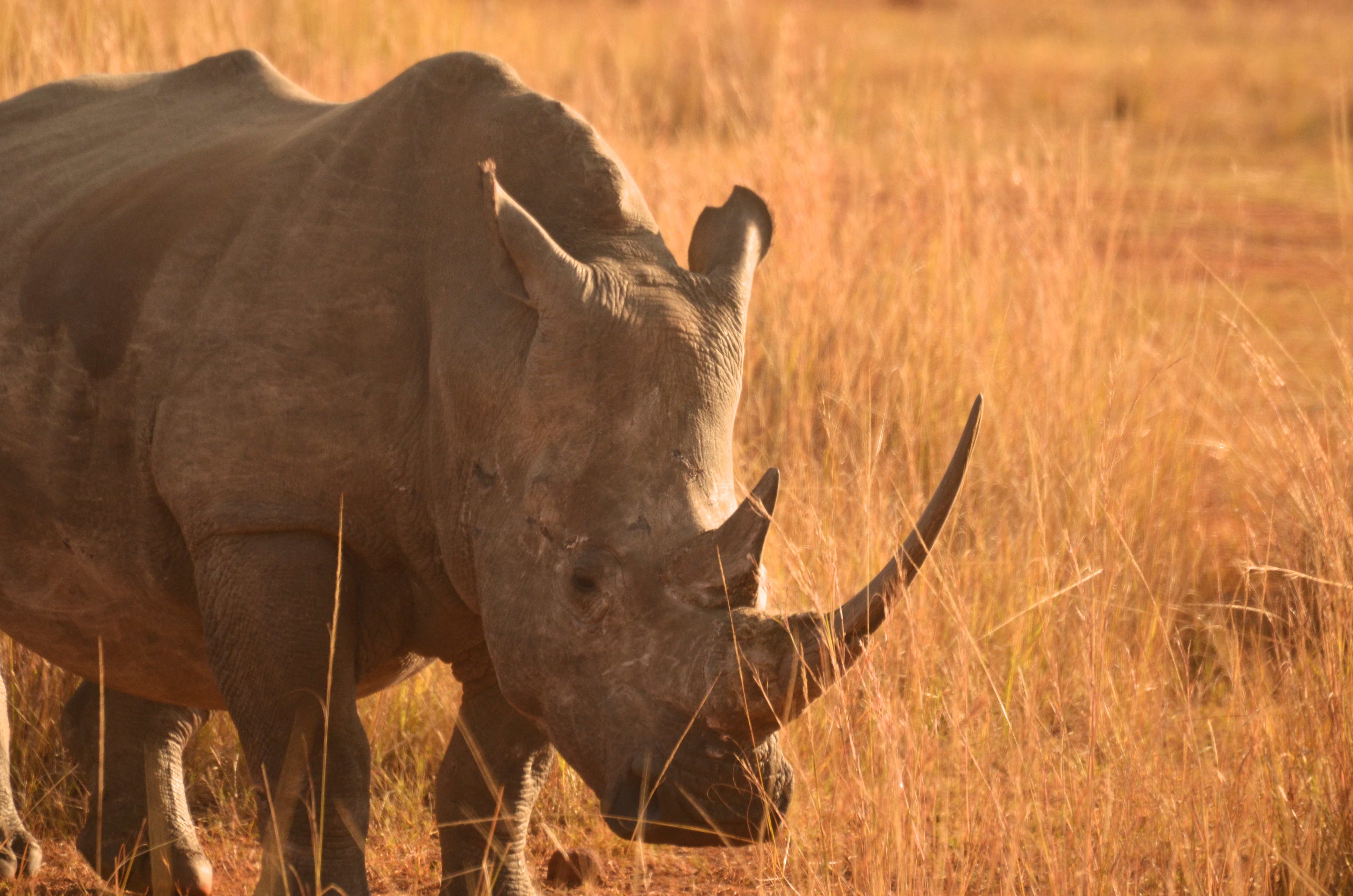Wake Up!
Easter Island was once a pristine tropical island thriving with life, primarily in the form of palm forests. After the arrival of Polynesian settlers, however, the ecosystem was transformed into a barren desert. These early inhabitants known as the Rapa Nui used the palm trees and their products for virtually everything: food, shelter, canoes, firewood, and the transport and erection of their famous Mo’ai, giant statues commemorating their ancestors. As the society grew, the population multiplied, and the demand for the precious palms multiplied with it. The settlers ignorantly continued to meet their demands by abusing the forest’s supply. In just a few centuries the trees were completely used up, leaving the fragile ecosystem in ruins. The forest was important ecologically not only because it was the society’s primary resource, but also because its destruction led to the erosion of topsoil, a decline in crop yield, and the drying up of streams and drinking water. The island could no longer support the settler’s population, and the civilization, along with other communities of creatures that relied on the palms, collapsed.
The lack of sustainable practices leading to the collapse of a small island society is a perfect metaphor for the state of the earth today. The planet is essentially an island in space possessing the ecological systems and limited resources essential for life. Many creatures, including ourselves, depend on these resources for survival and we should therefore concentrate on sustaining them, but because we are more concerned with personal monetary and material gains, we continue to exploit them. This issue is prevalent globally, but one particularly pressing case is the unsustainable exploitation of rhinos for their horns in South Africa. Rhinos are a common resource and a vital part of the savannah ecosystem, just like the palm forests of Easter Island. However, in addition to being an important component of Southern Africa’s wildlife, the rhino, specifically its horn, is also seen as a valuable commodity on the black market. As a consequence of this ignorant demand, the rhinos are being poached faster than they can naturally be replenished and their population is declining.
Furthermore, there is not a single warranted reason for the high demand for rhino horn. It is merely composed of keratin proteins, the same protein that constitutes our hair and nails, and has been proven to have no medicinal properties, yet consumers, predominantly in Asia, are using it to ‘treat’ a wide range of conditions from hangovers to cancer. What is even more ridiculous is that, due to its high value, rhino horn is now being purchased and used merely as a symbol of status by wealthy individuals. Yes, killing rhinos and selling their horns is very lucrative for individuals involved in the process, however, looking at the bigger picture, these beautiful creatures are much more valuable alive, in their natural habitat and need to be protected from the poaching crisis. Rhinos are not only a key player in the formation and maintenance of the Southern African ecosystem, but it is essential to protect them from an economic, social, and moral standpoint as well.
As a member of the Big Five, rhinos are certainly important from an economic perspective by providing jobs for local residents and yielding a profit in the tourist industry. What is more significant, however, is the examination from a social perspective why poaching needs to be stopped. In rural Southern African communities it is somewhat easy to pick out those involved with poaching; for instance in a poor community you will find certain families, known to be unemployed, who have more luxurious homes and belongings than the rest in their community. Besides material items, however, people often spend their excess money on drugs, prostitutes, and other illicit activities. As a result, others in the community seize the opportunity to make their money in such illegal businesses, therefore increasing overall local crime rates and risking public safety.
In addition to treating themselves to these rare luxuries, poachers commonly use their newfound spending power to help out others in the community with bills, education expenses, and other costs of living. Although a seemingly moral deed, doing so contributes to social issues in two ways. First of all, illegally obtaining all this money and distributing it out to the public makes the poacher out to be the Robin Hood of the community, a heroic outlaw acting against the government to help the poor. The issue is that it leads to total public support of rhino poaching, creating an incentive for people to continue committing this unspeakable crime. Additionally, this heroic association with poaching makes conservation officials trying to combat poaching and save the rhino population out to be the villains of this whole campaign. If this warped public perception of poaching continues, public welfare will decline, and rhinos as we know them could go extinct within the next ten years.
The tangible reasons that we should care about saving rhinos’ I have stated above: they are an important asset to the savannah ecosystem and the rapid decrease of their population is a major cause of rising social issues in the Southern African public. One reason that is vastly overlooked, however, is that we have a moral obligation to allow rhinos an equal right to coexist and co-inhabit this planet. Just because we humans have the capability to take advantage of nature doesn’t mean that we should—yet, all over the world this pattern is repeated time and time again for personal gain; overconsumption of groundwater, depletion of fossil fuels, unsustainable fishing practices, and more. Rhinos are another part of the ecosystem that humans have exploited as a disposable resource. The predictions and warnings we hear about seem abstract now, but history shows us that these issues are real! We need to wake up, and learn from the mistakes that our predecessors made on Easter Island, or soon, there is no doubt, Africa will never see a rhino in the wild again.
-Suzanna Bradley
